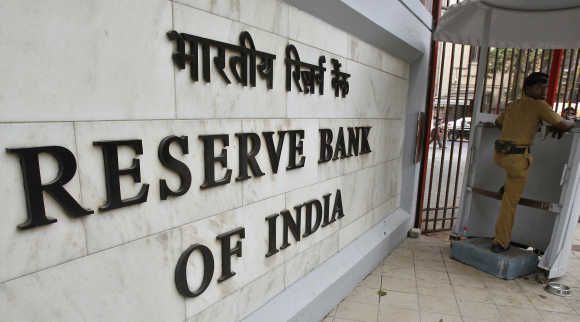 As banks rush to open accounts under the Centre's Jan Dhan scheme, RBI Governor Raghuram Rajan on Monday cautioned them on the risks involved in just hunting for numbers, asking them not to compromise on core objectives of the programme.
As banks rush to open accounts under the Centre's Jan Dhan scheme, RBI Governor Raghuram Rajan on Monday cautioned them on the risks involved in just hunting for numbers, asking them not to compromise on core objectives of the programme.
"When we roll out the scheme, we have to make sure it does not go off the track. The target is universality, not just speed and numbers," Rajan said addressing bankers at an annual industry conference organised by industry body Ficci.
The scheme can be a "waste" if it leads to duplication of accounts, if no transaction happens on the new accounts and if the new users get bad experiences, he added.
"The system is going to be a waste if what we do generates a whole set of duplicate accounts. It is going to be a waste if you do not have full coverage.
It is going to be a waste if those accounts are not used, they open and they languish. Many of the persons who are coming into the system are coming for the first time, so if we don't make a good first impression, they will stay out.
Let us ensure it works," Rajan said. The central bank will work with the lenders to ensure that this does not happen, he said, adding: "The RBI will work with banks to see what we can do as we go along to improve the effectiveness of this scheme".
Led by the country's largest lender State Bank of India, banks have opened over 3 crore basic accounts within a fortnight of the launch of the scheme on August 28.
For long, experts have been asking for the need to ensure transactions in the no-frills accounts, rather than opening accounts alone. Rajan maintained that the scheme is "good and worthwhile" which will lead to a slew of benefits.
"Clearly, universal financial access has to be a national priority.
Certainly, it is something well worth for the government to push. You can get a tremendous increase in rural savings," he said, adding that the rural savings rate stands at a low 10 per cent now.
Other advantages of the scheme include facets like direct benefit transfer (DBT) which will plug leakages in the system and thus help the government save on subsidies with better targeting.
It would lead to more empowerment of the beneficiaries and reduce the cash component in the economy, he said.







